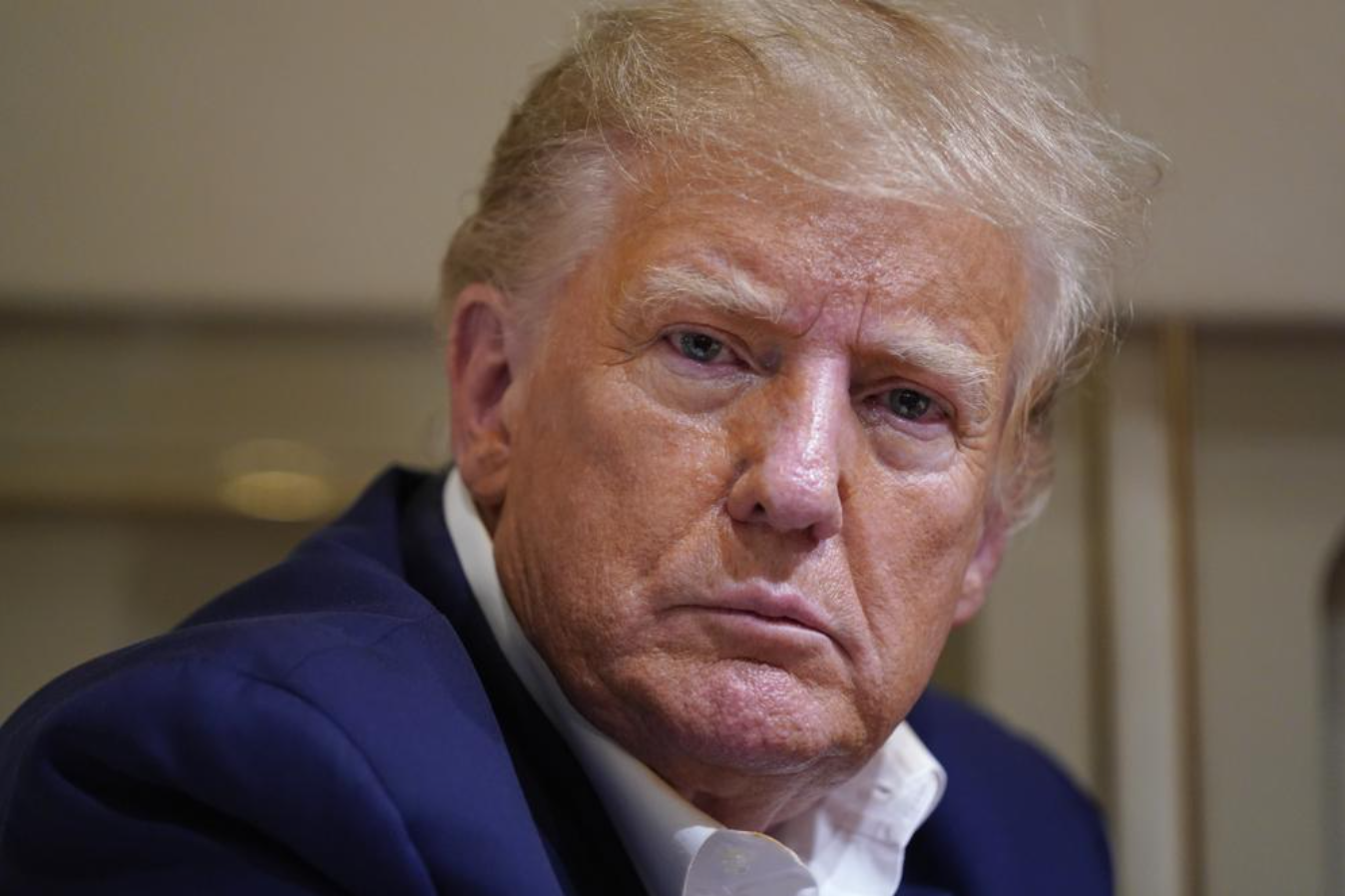There’s a familiar theme running through North Carolina this election season.
“We’re dead even in the presidential race, dead even in the gubernatorial race, we have a three point senate race,” says Tom Jensen, the director of Public Policy Polling.
“It’s really hard to think of anywhere in the country that’s going to have elections that are as competitive as North Carolina. We will be in the national spotlight for better or worse.”
The tight races begin with the presidential race. Both presumptive nominees have recently campaigned in North Carolina, but that doesn’t seem to have swayed the voters.
“We remain about as closely divided as we can be when it comes to the presidential race. We have Hillary Clinton and Donald Trump exactly tied. They’re each getting 43 percent. Then Libertarian Gary Johnson is at 4 percent, Green Party candidate Jill Stein is at 2 percent and 7 percent of voters are undecided.”
Jensen says these numbers will begin to change as Sanders supporters look to back Clinton.
“If Hillary could win over just half of the Sanders fans right now who aren’t voting for her, she’d go from this 43-43 tie up to leading by five points at 48-43.”
North Carolina’s gubernatorial race tells a similar story. The latest polls show incumbent Pat McCrory tied with challenger Roy Cooper at 41 percent each. Libertarian Lon Cecil trails at 6 percent with 13 percent of voters undecided.
“I really don’t think it’s a race where we’ll ever see anybody break away from the field. I think were in for a tight one till the very end.”
The contest for Lieutenant Governor is also tied with Republican incumbent Dan Forest and Democratic challenger Linda Coleman each at 37 percent. Libertarian J.J. Summerell stands at 4 percent and 22 percent of voters are undecided.
The North Carolina senate race is also close this year.
“We find that the Senate race continues to be very competitive, I think really surprisingly compared to what people maybe six months ago would have expected it to be.”
Richard Burr is in the lead right now, polling at 40 percent, which is only three points higher than democrat challenger Deborah Ross who stands at 37 percent. Libertarian candidate Sean Haugh trails at 5 percent.
Jensen says rumors that Burr being considered for Trump’s vice president, isn’t helping the party’s numbers. The same goes for polls that team up Elizabeth Warren with Clinton.
“What we’ve been finding when polling different running mates it doesn’t make a very big difference.”
Some of the most surprising poll numbers, Jensen says, come from the gun control debate.
“What’s really striking in our gun polling is how bipartisan some of the support for some of the measures that democrats are trying to support are.”
91 percent of independents, 84 percent of democrats and 82 percent of republicans are in favor of expanding background checks before allowing the purchase of guns.
“We talk so often about how polarized the country is right now and it is, and that’s why it’s so remarkable when you look at these issues to see over 75 percent support on both of them from democrats, republican and independents alike.”
Similar numbers are reflected in favor of banning those on the “no fly list” from purchasing guns with 89 percent of independents, 79 percent of republicans and 78 percent of democrats.
“It’s definitely a rare issue where there’s pretty strong consensus in the public about what they want to see happen. Democrats are on the right side of public opinion on this one.”
The race for control of North Carolina’s Supreme Court shows incumbent Bob Edmunds leading challenger Mike Morgan just 28 to 24, with 48 percent of voters undecided in the nonpartisan contest.
The General Assembly remains unpopular, with only 18 percent of voters approving of the job it’s doing and 57 percent who don’t.
Voters also disapprove of HB 2, with 32 percent of North Carolina supporting the bill while 43 percent are opposed. An overwhelming 50 percent of voters say it’s having a negative impact on the state’s reputation opposed to 19 the percent who say it’s improved.
As one of the largest democratic counties, Jensen says Orange County, will have great impact on the upcoming elections.
“A heavy turnout from Orange County or not could make the difference in terms of how some of these races turn out. I think this is an election I think that nobody is going to want to sit out.”
You can see the full survey results here.



